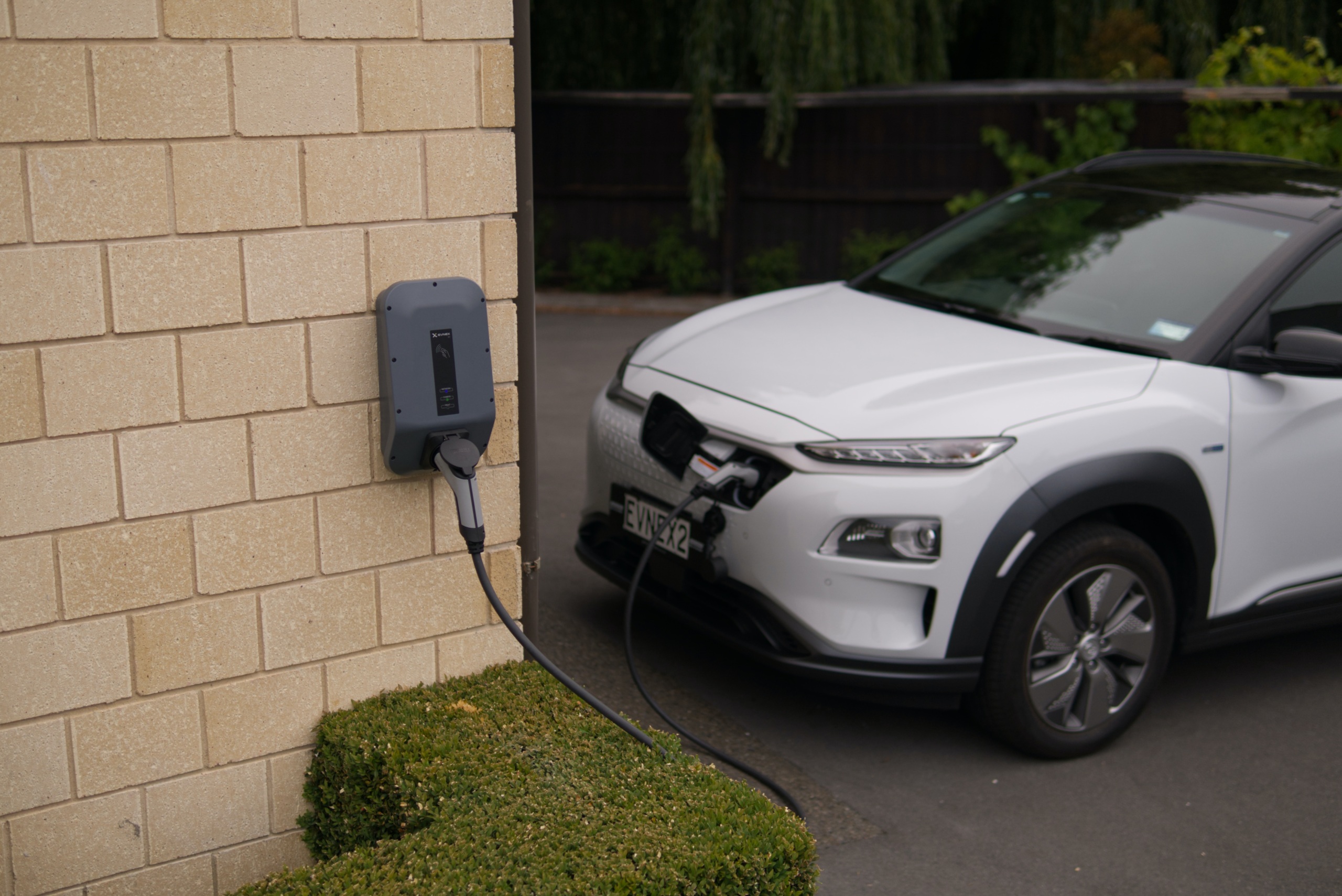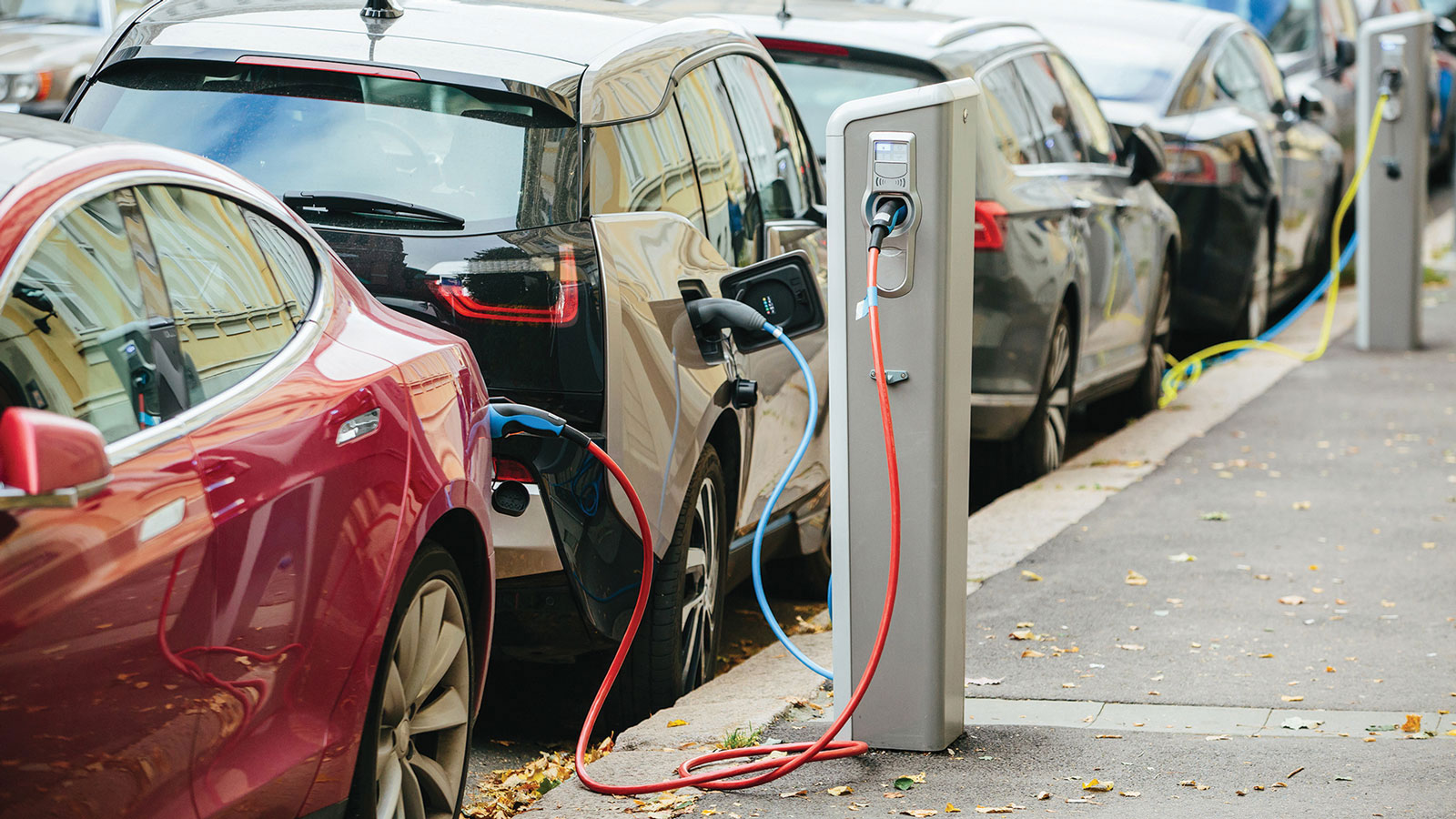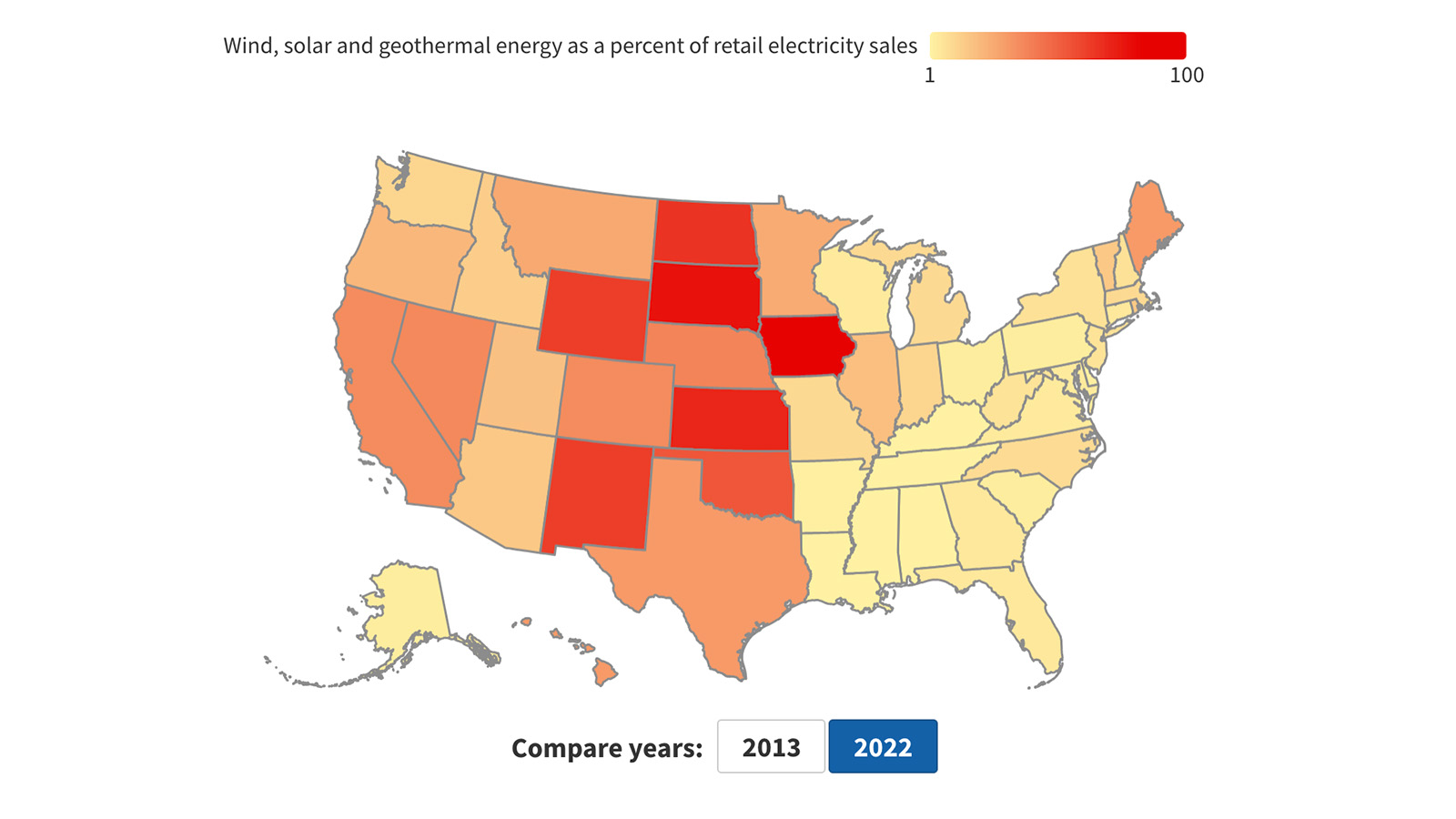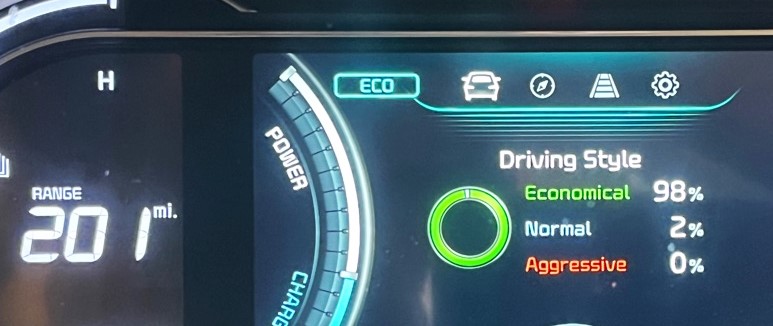
Electrify UPS Group Sign On Letter
28 groups, including Environment America, call on UPS to electrify their delivery fleet.

Downloads
Dear UPS CEO Carol Tomé,
We, the undersigned environmental and public health groups, urge you to commit to all zero-emission delivery trucks by 2040.
The shipping sector operates huge fleets of largely diesel-powered trucks that are polluting our communities. As the world’s largest package delivery company, UPS can raise the bar in a fossil-fuel drenched industry by replacing its iconic brown box trucks with electric trucks. UPS operates about 127,000 delivery vehicles. Those delivery trucks drive through our neighborhoods and near our homes every day and are a major source of air pollution, emitting toxic fumes that threaten our health.
The diesel pollution from their tailpipes contributes to health impacts like respiratory illness, cancer, and even premature death. The delivery trucks and tractor trailers that deliver consumer goods are responsible for about half of the nitrogen oxide pollution and nearly 60% of fine particulate matter from all transportation. That pollution could be on the rise as the number of delivery vehicles is expected to rise by 36% around the world in the next decade.
In addition to the severe health impacts of truck pollution, the threat to our climate is clear with transportation representing the largest contribution to global warming pollution in the United States. Climate disaster is becoming more frequent and severe the longer we delay action to drastically reduce global warming pollution. From hurricanes to wildfires to drought, we’re already seeing devastating impacts either at home or close to it. With the release of its recent report, the IPCC offers a number of steps to end our dependence on fossil fuel-powered transportation, and electrification is a key strategy.
To avoid the worst impacts of climate change, we need to zero out emissions from transportation. That means replacing any vehicle that relies on fossil fuels with a clean, electric version. UPS has only committed to ordering 10,000 electric vehicles and doesn’t have a public plan to fully transition to electric vehicles.
UPS must commit to zero-emission vehicles for its entire delivery fleet by 2040, with interim goals of 50% zero-emission purchases by 2025 and 100% zero-emission purchases by 2030. This action will result in cleaner air and less climate pollution and help UPS meet its sustainability goals.
Delivering nearly 25 million items every day means UPS has a significant carbon footprint beyond its ground transportation. Though UPS has set the goal of carbon neutral operations by 2050 with interim targets, those goals do not go far enough to cut emissions. Climate scientists agree we must limit global warming to 1.5 degrees celsius to avoid the worst impacts of climate change. UPS should align with other leading corporations and join the Science Based Target Initiative to limit its Scope 1, 2 and 3 emissions.
Other delivery companies are going further than UPS to reduce their climate impacts. Amazon has committed to the Science Based Target Initiative and is purchasing 100,000 electric delivery vehicles from Rivian that will be on the roads by 2030, the largest order ever for electric delivery vehicles. These vans are expected to save 4 million metric tons of carbon dioxide per year by 2030. FedEx has committed to all zero-emission vehicles in its fleet by 2040, and has interim targets to get there. By 2025, 50% of FedEx Express delivery vehicle purchases will be electric, reaching 100% of all purchases by 2030. Other companies are pulling ahead while also raising the bar for sustainable fleets.
Why electric rather than other alternative fuel vehicles?
UPS’ focus on other alternative fuel vehicles, such as renewable natural gas trucks, will lock in climate-warming pollution and make it more difficult for UPS to meet its sustainability goals. It is a short-term solution that is still polluting the planet. UPS can and should be a leader in procuring zero-emission vehicles to deliver packages to our doorsteps.
While somewhat cleaner than diesel, both methane and biomethane still have significant emissions and need to ultimately be phased out to reach climate goals. Methane is one of the most harmful greenhouse gases, with a potency 84 times higher than carbon dioxide. When released into the air, it warms the atmosphere significantly, exacerbating global warming and climate change effects.
Even if the biogas is captured from existing sources of emissions like landfills, the fuels are still burned and produce emissions, so on the whole, it is not better for addressing global warming.
From extraction, to transmission, to burning the fuel, methane gas is contributing to global warming. The best way to reduce emissions from transportation is to switch to zero-emission trucks.
Electric trucks are ready to roll
Currently, 30 companies offer at least one medium- or heavy-duty zero-emission vehicle for sale commercially covering every class of truck. This is expected to grow to at least 40 companies by 2025. Commercial companies are rapidly developing more zero emission vehicles to electrify even the most demanding use cases. If UPS invests in all-electric trucks, manufacturers will work to build the next generation of cleaner trucks. With such a large fleet, UPS can help bring the whole shipping industry along, making it easier for other smaller companies and fleets to make the switch too.
With such a significant contribution to global warming pollution, UPS needs to ditch fossil fuels as quickly as possible to curb emissions and protect our planet for future generations. Zero-emission trucks are a critical solution to prevent local air pollution and meet UPS’ sustainability goals. UPS should take a leadership role in the transition to electric trucks and set targets for a fully zero-emission fleet.
Sincerely,
Air Alliance Houston
Alliance of Nurses for Healthy Environments
California Electric Transportation Coalition (CalETC)
Coosa River Basin Initiative
Earthjustice
Elders Climate Action
Electric Transportation Community Development Corporation (ETcommunity)
Environment America
Environment Georgia
Environment Texas
Environmental Action
EVHybridNoire
Fresh Energy
Georgia ForestWatch
Georgia Interfaith Power and Light
GreenLatinos
League of Conservation Voters (LCV)
Moms Clean Air Force
One Hundred Miles
PIRG
Plug in America
Physicians for Social Responsibility – Pennsylvania
Rewiring America
Satilla Riverkeeper
Science for Georgia
Sierra Club
Southeast Climate & Energy Network
Texas Physicians for Social Responsibility
Topics
Find Out More


Environment Georgia’s 2024 Program Priorities

Renewables On The Rise Dashboard



